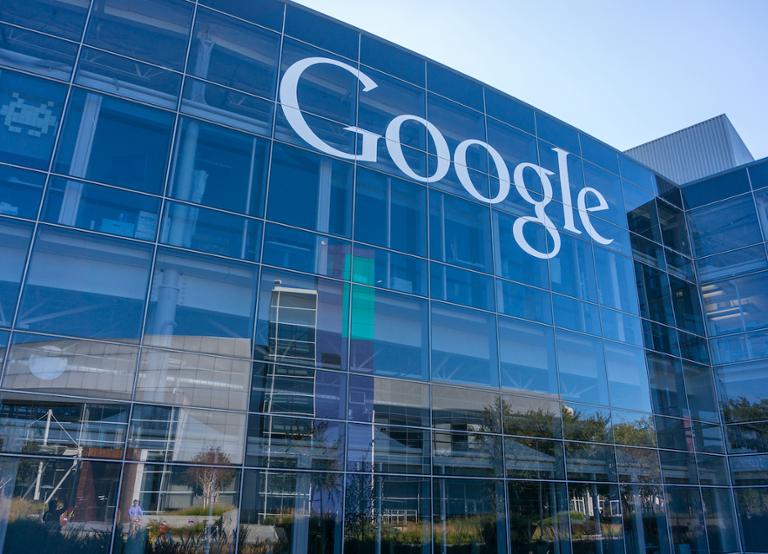Alphabet, the parent company of Google, plans on laying off 12,000 employees, or roughly 6 percent of its total workforce.
“Over the past two years we’ve seen periods of dramatic growth. To match and fuel that growth, we hired for a different economic reality than the one we face today,” Google CEO Sundar Pichai wrote in an email to employees (as reprinted by CNBC).
Those employees impacted by the layoffs will receive 16 weeks of severance pay in addition to two weeks’ pay for every year they worked at Google. On the benefits front, they’ll receive six months of healthcare, job placement services, and immigration support.
“We’ve undertaken a rigorous review across product areas and functions to ensure that our people and roles are aligned with our highest priorities as a company,” Pichai added. “The roles we’re eliminating reflect the outcome of that review. They cut across Alphabet, product areas, functions, levels and regions.”
The Google announcement comes days after Microsoft announced it would lay off 10,000 workers by the third quarter of fiscal 2023. Salesforce, Meta, Twitter, Amazon, and numerous startups have also announced employee cutbacks in recent months.
In statement after statement, many of the CEOs at these companies have focused on the same cause behind the layoffs: after the massive spending and lightning-fast hiring of the past few years, it’s now time to cut back. During the pandemic, consumers and businesses signed up for new cloud services and ordered liberally from e-commerce platforms; but with deepening fears of an oncoming recession, they’re now cutting back on their spending, impacting tech companies’ bottom lines and staffing requirements.
Among the biggest tech companies, Google held out longer than most before unleashing layoffs; despite a supposed hiring freeze, it continued hiring thousands of workers through at least the third quarter of last year. But given the market challenges facing the search-engine giant in the years ahead, it will surely need to begin hiring again, especially for roles in highly specialized areas such as machine learning and artificial intelligence (A.I.).

